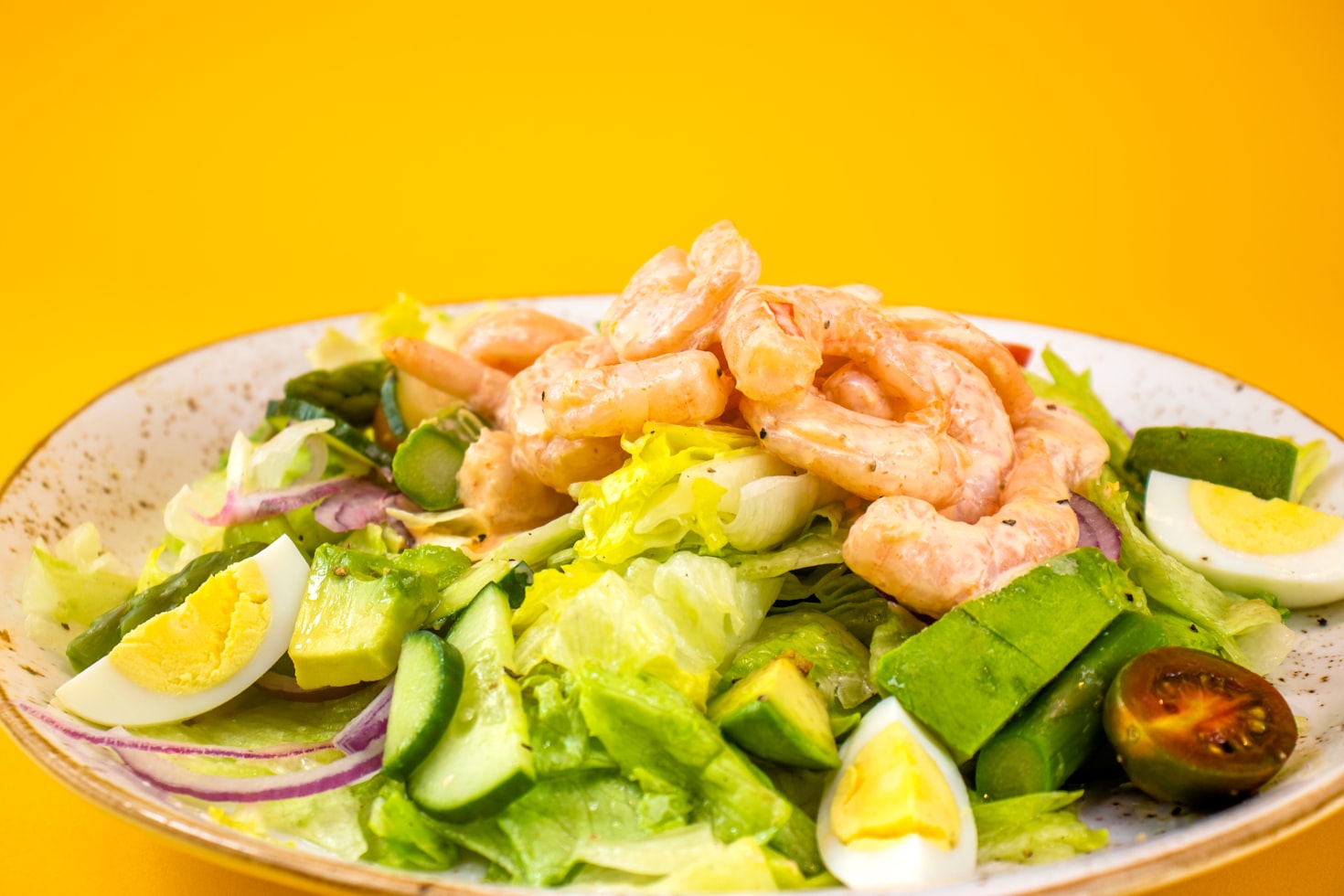How Much Protein Should I Eat On The Keto Diet
The ketogenic diet, or keto diet, has gained significant popularity in recent years due to its potential for weight loss and improved health markers. This low-carb, high-fat diet focuses on consuming foods that promote ketosis, a metabolic state where the body burns fat for fuel instead of carbohydrates. While the keto diet primarily emphasizes high fat intake, it is essential to understand the role of protein and how much you should consume to optimize your results.
The Importance of Protein on the Keto Diet
Protein is a crucial macronutrient that plays various roles in the body, including muscle repair, hormone production, and immune function. On the keto diet, protein becomes even more critical as it helps maintain muscle mass while the body primarily relies on fat for energy.
When following a ketogenic diet, the body enters a state of ketosis, where it produces ketones from fat breakdown. In this state, the body may break down muscle tissue for energy if protein intake is inadequate. Consuming an adequate amount of protein can help prevent muscle loss and support overall health.
Determining Your Protein Needs
The optimal protein intake on the keto diet can vary depending on several factors, including your activity level, body composition goals, and overall health. A general guideline for protein intake on the keto diet is to consume between 0.6 to 1 gram of protein per pound of lean body mass.
To determine your lean body mass, you can use various methods such as body composition analysis or online calculators. Once you have your lean body mass, you can calculate your protein needs accordingly. For example, if your lean body mass is 150 pounds, your protein intake should range between 90 to 150 grams per day.
Considerations for Athletes and Active Individuals
Athletes and individuals who engage in regular physical activity may have higher protein requirements due to increased muscle breakdown and repair. It is recommended for active individuals on the keto diet to consume closer to the higher end of the protein range, around 1 gram per pound of lean body mass.
It is important to note that excessive protein intake can potentially hinder ketosis by converting excess protein into glucose through a process called gluconeogenesis. However, this is less likely to occur if you are consuming protein within the recommended range and maintaining a low carbohydrate intake.
Quality Sources of Protein on the Keto Diet
When following the keto diet, it is crucial to choose high-quality sources of protein that align with the principles of the diet. Opt for protein sources that are low in carbohydrates and contain healthy fats. Some excellent sources of protein on the keto diet include:
- Fatty fish such as salmon, mackerel, and sardines
- Poultry like chicken and turkey
- Grass-fed beef and other pasture-raised meats
- Eggs and egg whites
- Full-fat dairy products like cheese and Greek yogurt
- Nuts and seeds
FAQs
1. Can too much protein kick me out of ketosis?
While excessive protein intake can potentially hinder ketosis, it is unlikely to occur if you are consuming protein within the recommended range and maintaining a low carbohydrate intake. It is important to strike a balance and not overconsume protein.
2. Can I consume protein shakes on the keto diet?
Yes, you can consume protein shakes on the keto diet. However, it is essential to choose protein shakes that are low in carbohydrates and do not contain added sugars. Opt for protein powders made from sources such as whey protein isolate or collagen peptides.
3. Should I prioritize fat over protein on the keto diet?
The keto diet emphasizes high fat intake, but protein is still a crucial component of the diet. It is important to prioritize both fat and protein intake to ensure you are meeting your nutritional needs and supporting overall health.
4. Can I consume too little protein on the keto diet?
Consuming too little protein on the keto diet can lead to muscle loss and other health issues. It is important to meet your protein needs to support muscle repair, hormone production, and immune function.
5. Can I consume plant-based protein sources on the keto diet?
Yes, you can consume plant-based protein sources on the keto diet. Some excellent plant-based protein sources include tofu, tempeh, seitan, and plant-based protein powders. However, it is important to consider the carbohydrate content of these sources and choose options that are low in carbs.
6. Can I consume too much protein on the keto diet?
While it is important to meet your protein needs, excessive protein intake can potentially hinder ketosis by converting excess protein into glucose through gluconeogenesis. It is recommended to consume protein within the recommended range to avoid this issue.
Summary
Protein plays a crucial role in the ketogenic diet by supporting muscle maintenance and overall health. The optimal protein intake on the keto diet ranges from 0.6 to 1 gram per pound of lean body mass. Active individuals may require higher protein intake to support muscle repair. It is important to choose high-quality protein sources that are low in carbohydrates. While excessive protein intake can potentially hinder ketosis, consuming protein within the recommended range is unlikely to cause issues. Striking a balance between fat and protein intake is essential for optimal results on the keto diet.





